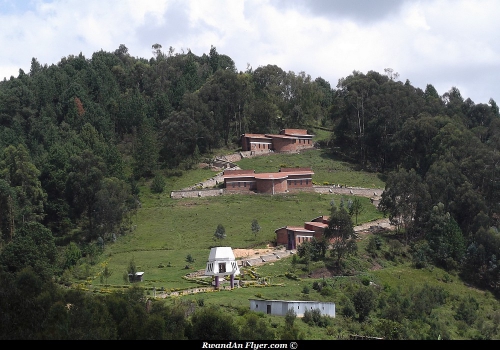The growing quandary of dark tourism
22/08/2014
Paul Hiebert, Pacific Standard
Dark tourism as the act of travel to sites of or sites associated with death has gained significant attention with media imaginations and academic scholarship. There is a growing body of literature on the (re)presentation and tourist experience of ‘deathscapes’ within contemporary visitor economies. As such, dark tourism is now a recognisable field of academic study, which include interdisciplinary perspectives of the ‘darker side of travel’ in sociology, anthropology, cultural studies, geography, thanatology, and business management.
It has never been easier to fly to the Kigali Genocide Memorial Centre in Rwanda, contemplate the precariousness of life, and then return home to the daily grind
[...]
If you have the money, it's never been easier to book a few days off, fly to the Kigali Genocide Memorial Centre in Rwanda, contemplate the precariousness of life, and then return home to settle back into the daily grind.
And, in a sense, this is exactly what the government of Rwanda wants — foreigners coming to their country to commemorate the slaughter of somewhere between 800,000 to 1,000,000 Tutsis and moderate Hutus over the course of three months while simultaneously spending money on hotels, restaurants, souvenirs, and perhaps a guided tour of the nearby mountain gorillas.
If each visit benefits the people who still suffer from the events that led to the creation of a new museum or landmark, that's probably good. But if the proceeds go into the coffers of a corrupt government or uncaring company simply there to make a buck, that's probably not so good.
SOURCE : HERE
A découvrir aussi
- Governement launches officially "The Kivu Belt Tourism Master Plan"
- Kenya, Rwanda, Uganda Launch Single Tourist Visa
- RDB to Focus on Tourism in 2014/15 Budget and launches a bureau to boost tourism

